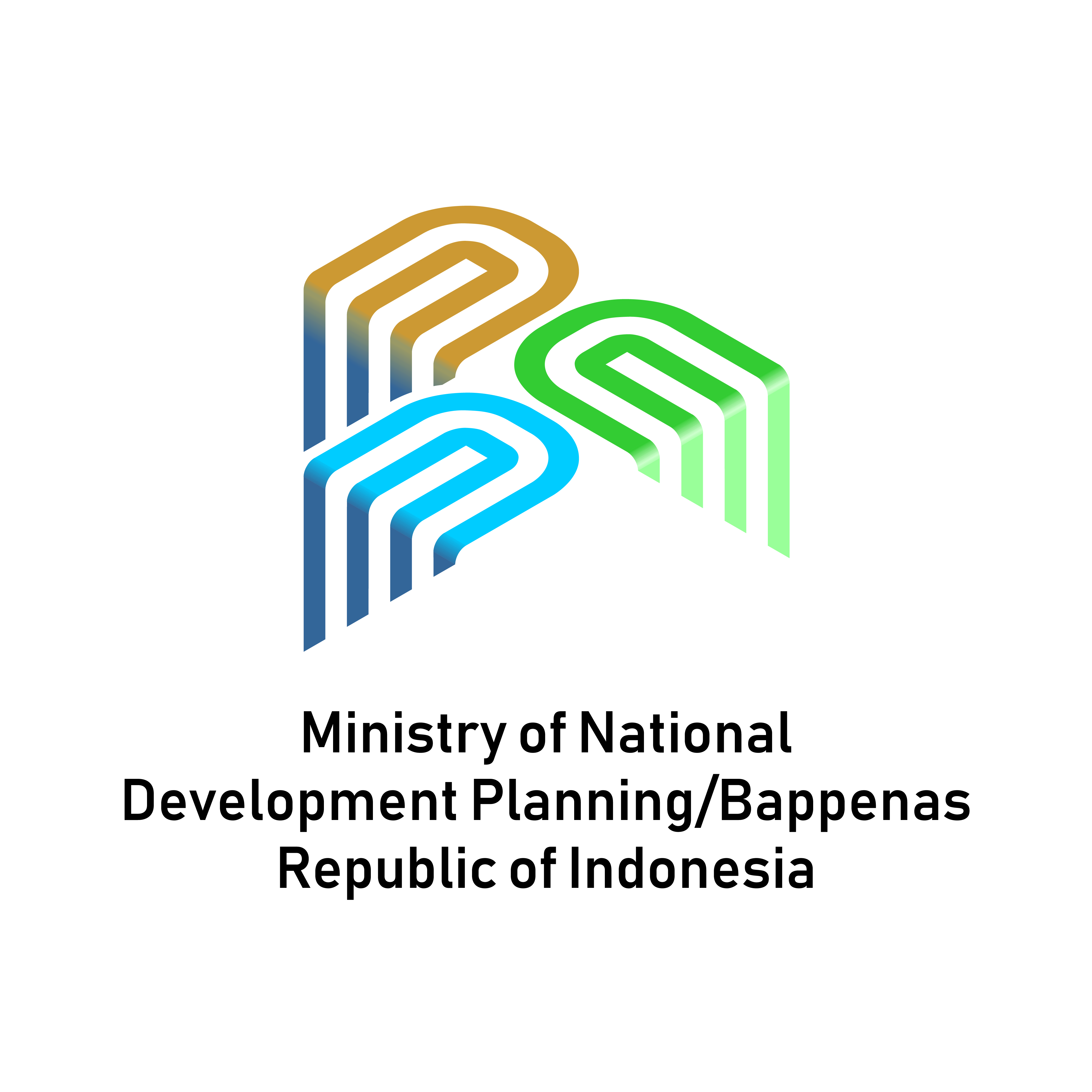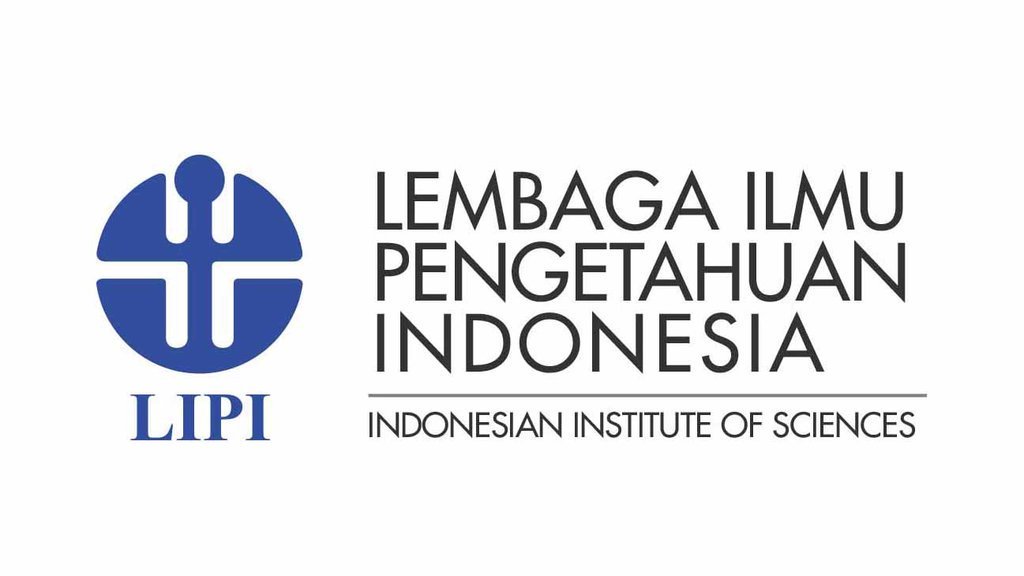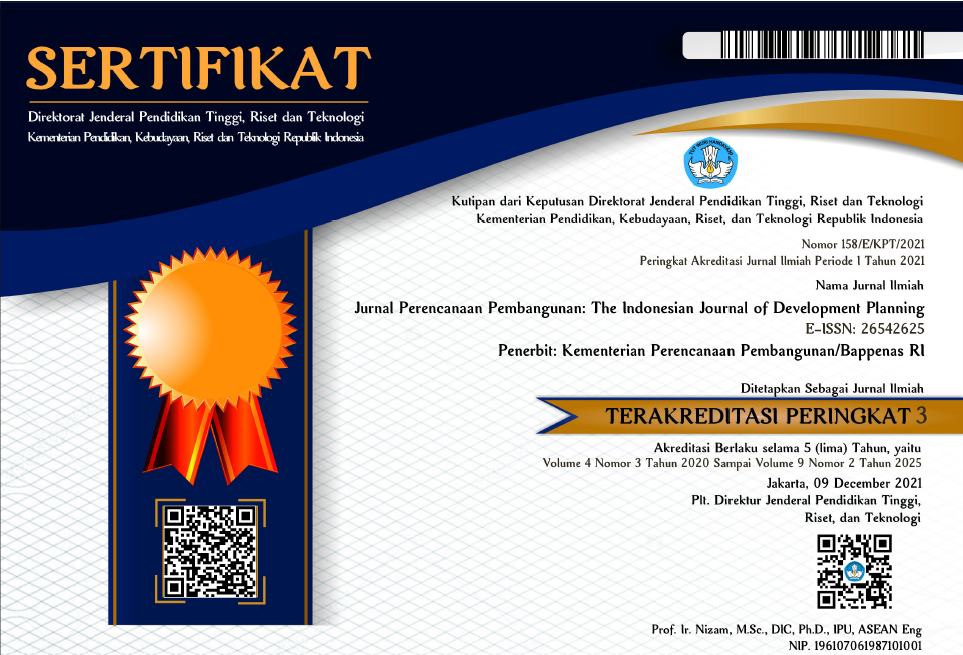Decentralization, Democratization, And Social Protection In Indonesia: A Systematic Review of the Literature
DOI:
https://doi.org/10.36574/jpp.v3i2.73Keywords:
decentralization, democratization, social protectionAbstract
This literature review seeks to provide a comprehensive and systematic review of evidence concerning decentralization and its impact on vulnerable groups through social protection (SP) programs with the specific case of Indonesia. Having explored six major databases with various keyword strings, the results lead to considerable gaps in the knowledge base for decentralization and social protection, particularly for cases in developing countries. Most of the literature is ‘data free’, based on theory, assumption, or conjecture. Four key issues have been generated out of extensive search results. First, the weak correlation and varied results of decentralization implementation and local service delivery. Second, the impact of decentralization on SP is unclear. Third, a country’s current regulatory environment and administrative capacity, significantly determine the overall success of SP programs. Fourth is the potential features of decentralization that can be drawn upon to enhance SP.
Downloads
Downloads
Published
How to Cite
Issue
Section
License
This is an open-access article distributed under the terms of the Creative Commons Attribution-NonCommercial-ShareAlike 4.0 International License. Copyright © Kementerian PPN/Bappenas RI


















